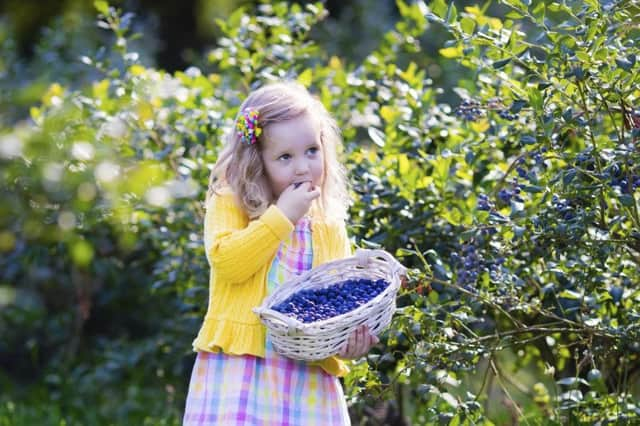Jenny Mollison: For peat's sake, pre-made compost is bad for us all


I’ve been turning over some of these bags to check out the small print on the back to find out what’s in them. Almost all of them contain a large proportion of peat.
The Scottish Wildlife Trust is urging gardeners to use alternatives. Fifty years ago, using peat in the garden was almost unheard of.
Advertisement
Hide AdAdvertisement
Hide AdThen, gardeners thought nothing of making their own potting composts using sterilised loam, sand and leaf mould. Now it’s become too easy to pick up a bag of ready-prepared compost to use for greenhouse crops like tomatoes and peppers and starting off seeds.
We are beginning to change our habits as sales of peat-free compost are on the increase, but we still use far too much peat.
Why does it matter? Peat bogs are home to some amazing plants, like the insectivorous sundew, and other wildlife.
But the main reason peatlands are so important is that they store carbon, preventing carbon dioxide being released into the atmosphere, contributing to climate change. We have just had the warmest, wettest winter on record and reckless plundering of peatbogs may have been a contributory factor.
Peat forms at a tiny 1mm a year. It seems madness to use it when there are alternatives. Good garden centres stock a range of peat-free composts. They will be a bit more expensive than the ones stacked outside the supermarkets, but by choosing them we can send a message back to the manufacturers that gardeners are concerned about the environment. Eventually, I hope they’ll phase out their use of peat entirely.
The quality of peat-free composts is improving all the time. I’ve found some which work well for me.
I’ve just bought two blueberry bushes for my plot. Last year my friend Judy gave me a glorious bowl of blueberries from her plot and I am inspired to try growing them myself. Being bog plants, they like to be kept damp and experts recommend incorporating some peat into the planting hole.
As an experimental alternative, I’ve dug in some homemade leaf mould together with sheep fleece, which I’ve found to be very good at retaining moisture. Time will tell whether this will produce good results.